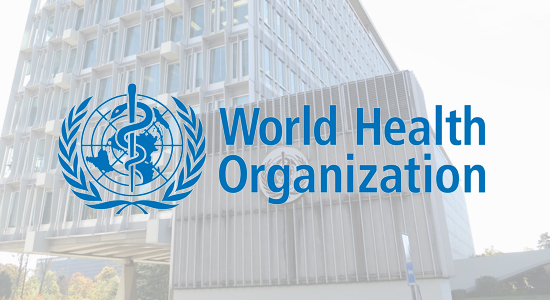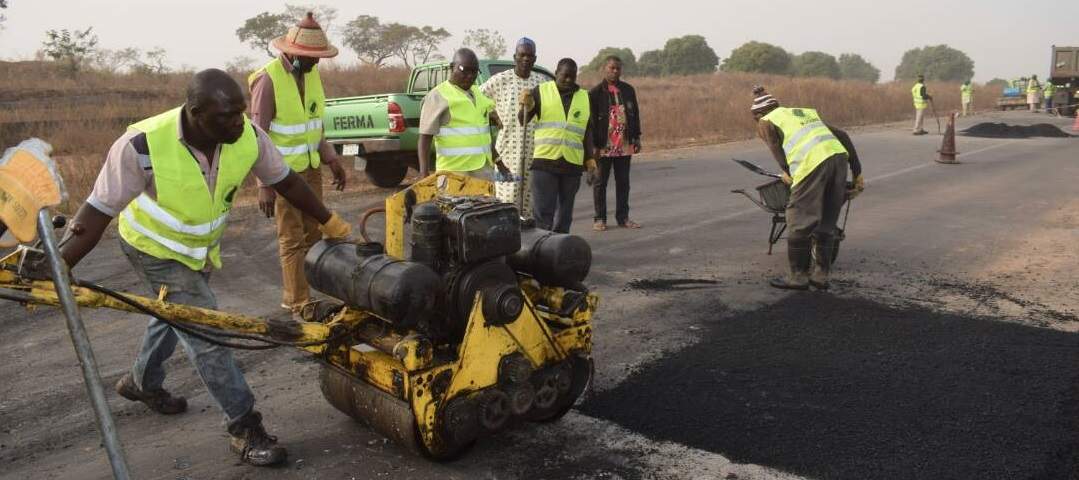The World Health Organization is likely to issue a wider warning about contaminated Johnson and Johnson-made children's cough syrup found in Nigeria last week, it said in an email. On Wednesday last week during a routine test, Nigeria's regulator recalled a batch of Benylin syrup, having found a high level of diethylene glycol in the product. Diethylene glycol is toxic to humans when consumed and can result in acute kidney failure, although there have been no reports of harm in the latest incident. The contaminant, alongside another closely related toxin, has been linked to the deaths of more than 300 children in Gambia, Uzbekistan, Indonesia, and Cameroon since 2022. However, there is no evidence that these incidents are linked to the new recalls.
The U.N. health body said it puts out global medical product alerts to "encourage diligence" by national authorities and was likely to do so in this instance, "subject to confirmation of certain details from parties".
The batch of Benylin syrup recalled was made by J&J in South Africa in May 2021, although Kenvue now owns the brand after a spin-off from J&J last year.
J&J has referred requests for comment to Kenvue. Kenvue was not immediately available for comment but said this week it was conducting its assessment and working with health authorities to determine a course of action.
Since Nigeria's recall, five other African countries have also pulled the product from shelves - Rwanda, Kenya, Tanzania, Zimbabwe, and South Africa, where the drug was made.
South Africa's regulator has also recalled another batch of syrup used to treat coughs, hay fever, and other allergic reactions in children.
The WHO said it was collaborating with the manufacturer and regulatory authority in South Africa to investigate this for the Benylin paediatric syrup, and had information on the source of the raw ingredients used. It did not disclose the source.
According to WHO, Kenvue said it tested the raw ingredients used in the syrup before manufacture, and "no issues of concern were noted". The agency said the possibility that the syrup was counterfeit was also "under consideration as part of investigations".






















